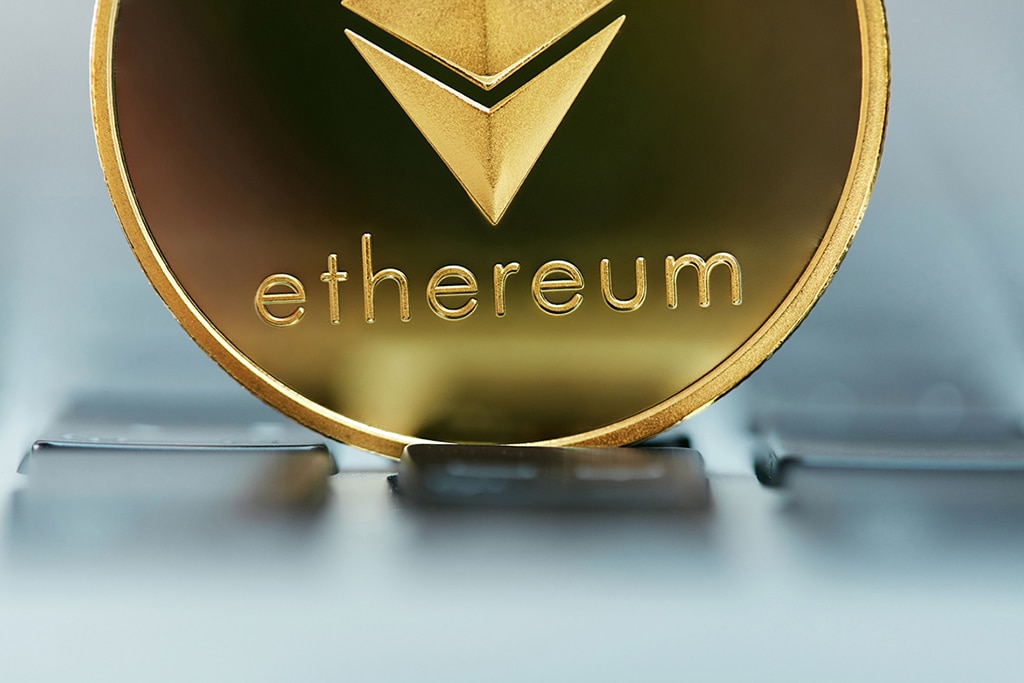The average transaction fee in the Ethereum ecosystem has proportionally dropped with the network activity and the market price historically.
The Ethereum average transaction fee has dropped immensely in the past year, following the notable upgrades in the past few months. According to statistical data provided by ycharts.com, the average transaction fee in the Ethereum network costs approximately $2.043 today. The figure has dropped from approximately $2.051, and $20.91 yesterday and one year ago.
The figures provided by ychart.com, however, contradict what bitinfocharts.com has. Notably, the latter indicates that the average transaction fee stands at 0.0048 Eth approximately $13.77. Additionally, bitinfocharts.com notes that the median transaction fee stands at 0.0021 Eth, which equates to approximately $6.16.
Either way, the average transaction fee in the Ethereum ecosystem has significantly dropped in the past year from all observers.
The average transaction fee in the Ethereum ecosystem has proportionally dropped with the network activity and the market price historically. At the beginning of 2021, the crypto industry was in a bull market that had been triggered by the DeFi ecosystem. Ethereum, being a leader in the decentralized financial ecosystem, saw its prices scale from trading below $1,000 to an all-time high of around $4,630. Consequently, the average transaction fee moved in a similar version to an all-time high.
Bigger Picture of Ethereum Average Transaction Fees
However, Ethereum developers led by Vitalik Buterin have proposed ways to cut on the high fees as cheaper alternative chains emerge in the market. Rollups like Polygon blockchain have been a major savior to most retail investors who would otherwise have been locked out of life opportunities.
Among other notable upgrades in the Ethereum ecosystem, EIP-1559 caught most users’ attention. In addition to having fixed network fees, the ecosystem introduced a burning mechanism that made the digital asset sound money.
“A transaction pricing mechanism that includes fixed-per-block network fee that is burned and dynamically expands/contracts block sizes to deal with transient congestion,” is the basic summary of the EIP-1559 upgrade.
Nevertheless, the journey is still characterized with more steepness ahead as the ecosystem takes years to fully transition to the Proof-of-stake concept with validators. For one to qualify as a validator with Ethereum, then one is required to state at least 32 units of Eths.
According to the network’s developers, once proof-of-work is replaced with proof-of-stake, there will be the added complexity of shard chains. Notably, shard chains are separate blockchains that will need validators to process transactions and create new blocks. Ultimately, the plan is to have 64 shard chains, with each having a shared understanding of the state of the network.
Meanwhile, Ethereum network users can expect more volatility in transaction fees in the near future before the network fully migrates to the beacon chain.
